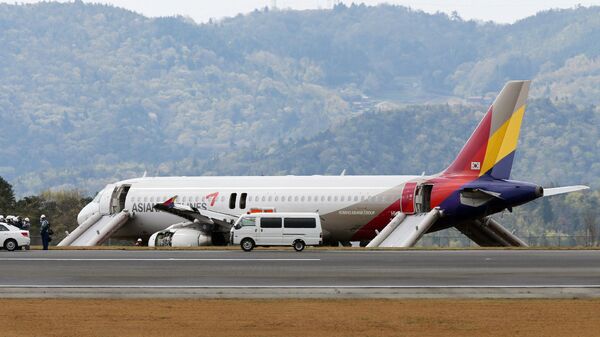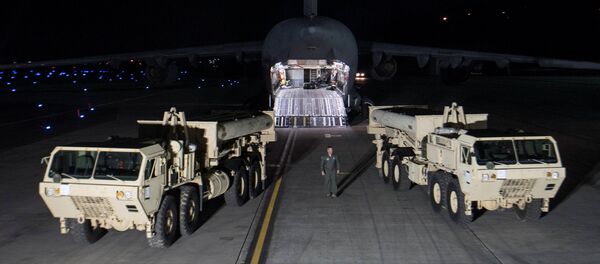The decision comes at a troubled time as tensions grow between the two Asian states following the full deployment of the US-led Terminal High Altitude Area Defense (THAAD) anti-missile system, resulting in the sharp fall in the number of Chinese visitors to South Korea.
Although Asiana claims it is natural for airlines to reduce overall seat supplies in the winter season due to decreased demand, its spokesman admitted the company will run fewer flights this winter than a year earlier, and that he cannot exclude the importance of the THAAD factor.
"It is true both the number of passengers from China to Korea and Korea to China has decreased since the political dispute," he said. "Korean customers are also reluctant to visit China."
As for the frequency of flights from Incheon to Guilin, the airliner will reduce the service from seven flights per week to four starting October 29.
Earlier in April Asiana already decided not to run 78 flights to China to reflect changing demand.
Rival Korean companies that are also reducing their flights to China, such as Korean Air, are not depended on the world's most populous country as much as Asiana. With more than 20 percent of Asiana's flights being bound for China, the cuts are expected to significantly impact the company's performance in the third quarter.
"Asiana Airlines is expected to see a roughly 30.8 percent year on year drop in operating profits in the third quarter this year to 105 billion won ($132.6 million)," said Bang Min-jin, an analyst from Eugene Investment & Securities, as cited by Korea Joongang Daily.



